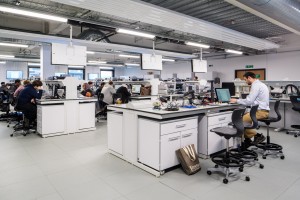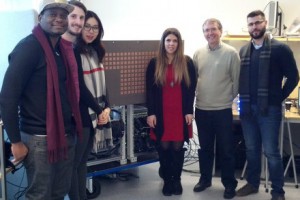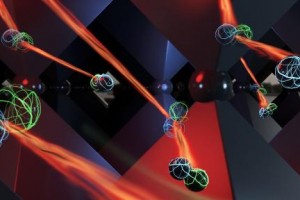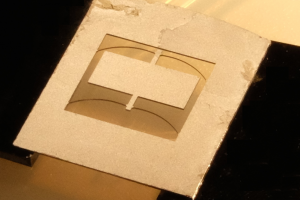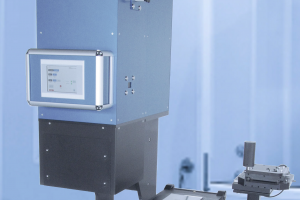Rohde & Schwarz has secured the contract with Swansea University to equip the College of Engineering’s electronic teaching laboratories on the Bay Campus. The company has equipped 66 workstations in three labs with oscilloscopes, digital multimeters, power supplies and function generators. The contract was awarded following a European tender process. The total value of test equipment supplied was £800,000. David ...
University Electronics
The latest electronics news from UK universities
UK robotics to get summer showcase
UK tech industry will highlight the importance of robotics this summer with a nationwide programme of events for the first ever UK Robotics Week (25 June – 1 July 2016). Events will include open labs, schools and academic competitions and hackathons, and the build-up to UK Robotics Week will begin at the Imperial Festival 2016 on Saturday May 7th and ...
Bristol University drones hunt for minefields
University of Bristol scientists are attempting to speed up the detection of landmines using drone-based sensors. The objective to not to detect individual mines, but to cut the time de-mining teams spend probing empty areas – something known as ‘area reduction’ – by accurately finding the edges of minefields. Area reduction is vital because, according to the University, one person ...
UK researchers make high temperature op amp in SiC
Raytheon UK has collaborated with Newcastle University to produce silicon carbide (SiC) based amplifier circuitry with operational amplifier like characteristics. The research has used the thermal characteristics of SiC not in a high power device, but in small-signal circuitry that can operate in high temperatures. “To date, the focus on Silicon Carbide semiconductors has been power electronics and exploiting the ...
Bristol University researchers claims record spectrum efficiency for 5G
A wireless antenna technology developed at the Universities of Bristol and Lund, could give 5G mobile basestations a 12-fold increase in spectrum efficiency compared with current 4G cellular technology. Multiple antenna technology, referred to as MIMO, is already used in many Wi-Fi routers and 4G cellular phone systems. Normally this involves up to four antennas at a base station. The ...
Perovskite solar cells reveal another advantage
Solar cells made from lead-halide perovskite cells could be improved following the discovery that photons are recycled within them. Perovskites photo-voltaics are new and fast-improving which, according to Imperial College last year, rose in efficiency from less than four per cent in 2009 to over 20 per cent, on par with traditional solar cells. Now a team of researchers from Universities ...
Glasgow researchers build “smartphone” gravity meter to measure volcanos
Scientists at the University of Glasgow have created a very low cost gravity meter which could be used to monitor volcanic activity using commercial MEMS device technology found as accelerometers in smartphones. The result they says is a sensitive detector capable of measuring minute changes in gravity, and at significantly lower cost than a traditional gravity meter (gravimeters). They believe ...
High-temperature superconductivity yields another secret
Researchers have determined that quantum rather than classical physical behaviour is responsible for superconductivity in high-pressure hydrogen sulphide, a result which could benefit the design of high-temperature superconductors, said the University of Cambridge. Last year, German researchers identified superconductivity in H2S at -70°C, said to be the highest temperature yet. To get it working, the gas needed compressing to around ...
Bath University installs Eulitha nano lithography tool
New electronic devices that exploit the properties of nano-scale features can be more easily scaled up for production.
MEMS designers have opportunity to compete
A group of companies wants to encourage greater inventiveness in the design of integrated MEMS devices.
 Electronics Weekly Electronics Design & Components Tech News
Electronics Weekly Electronics Design & Components Tech News
